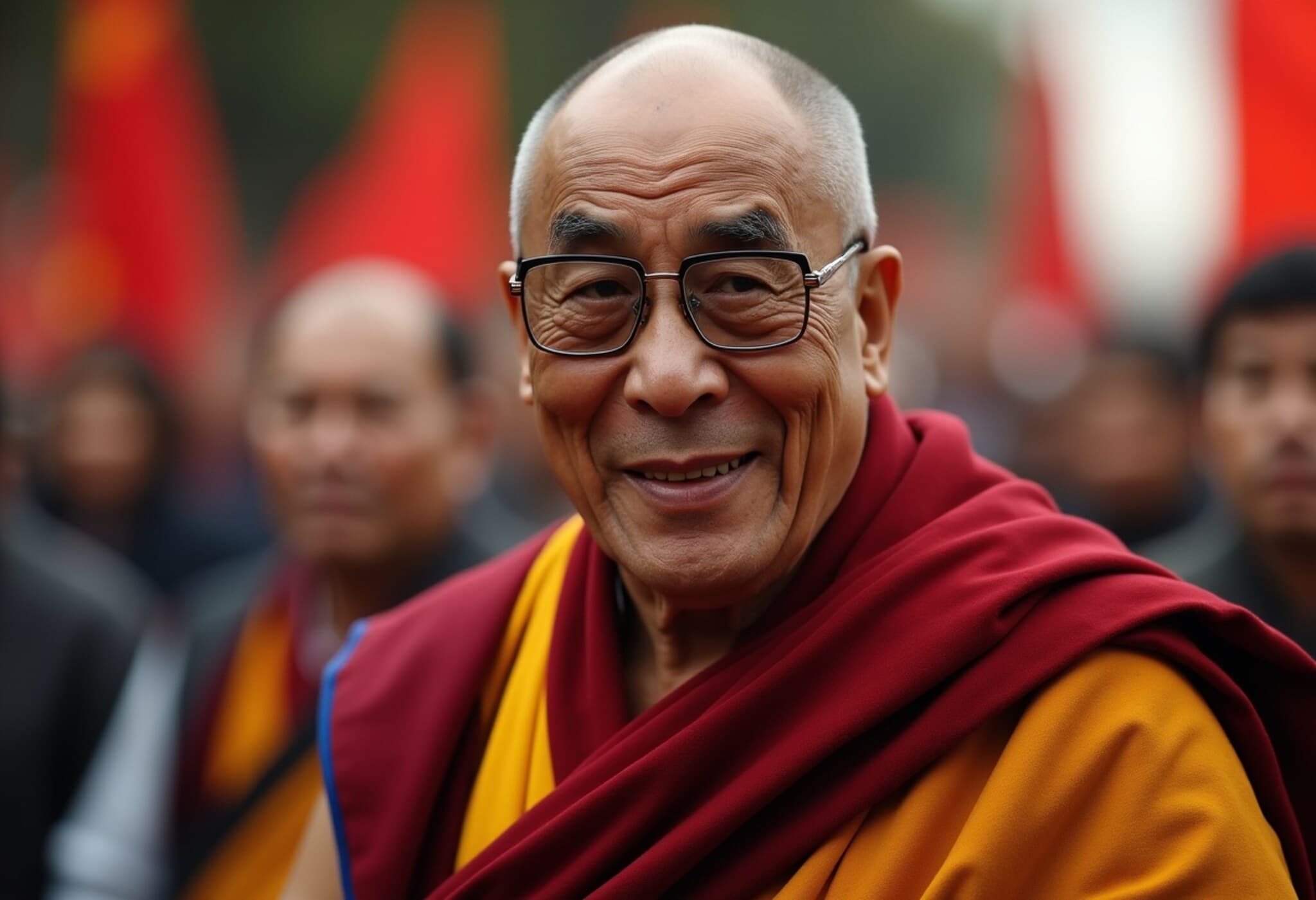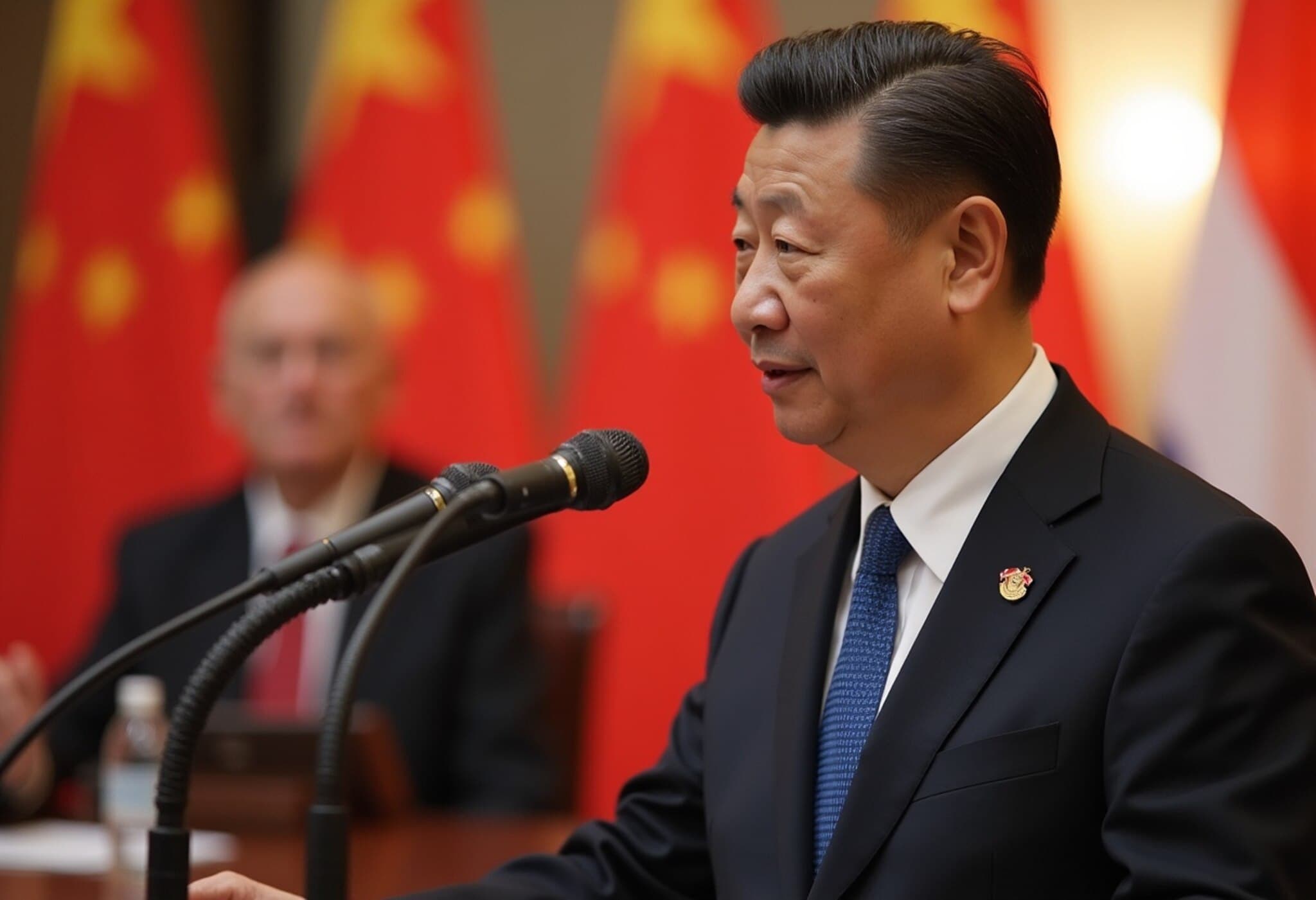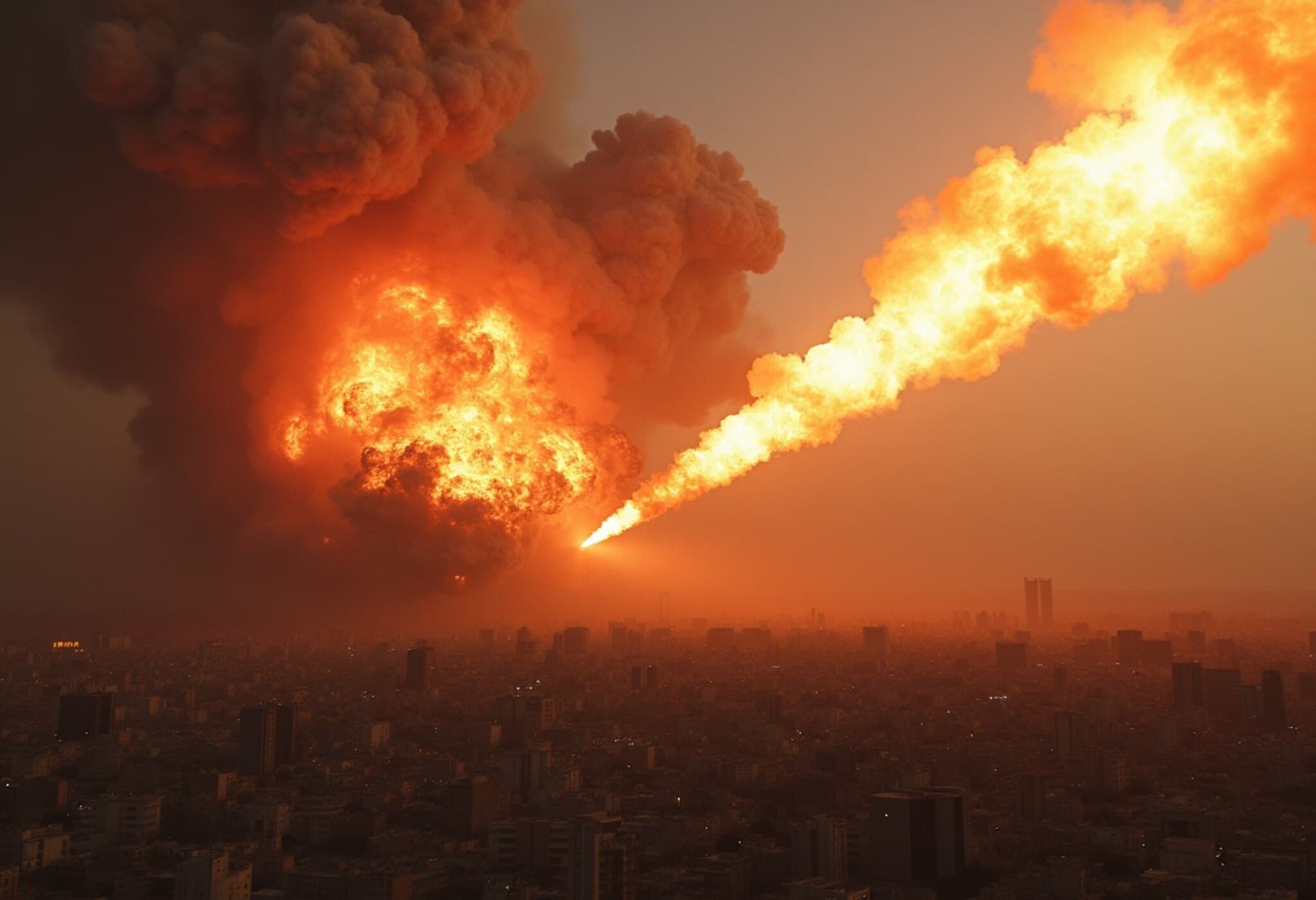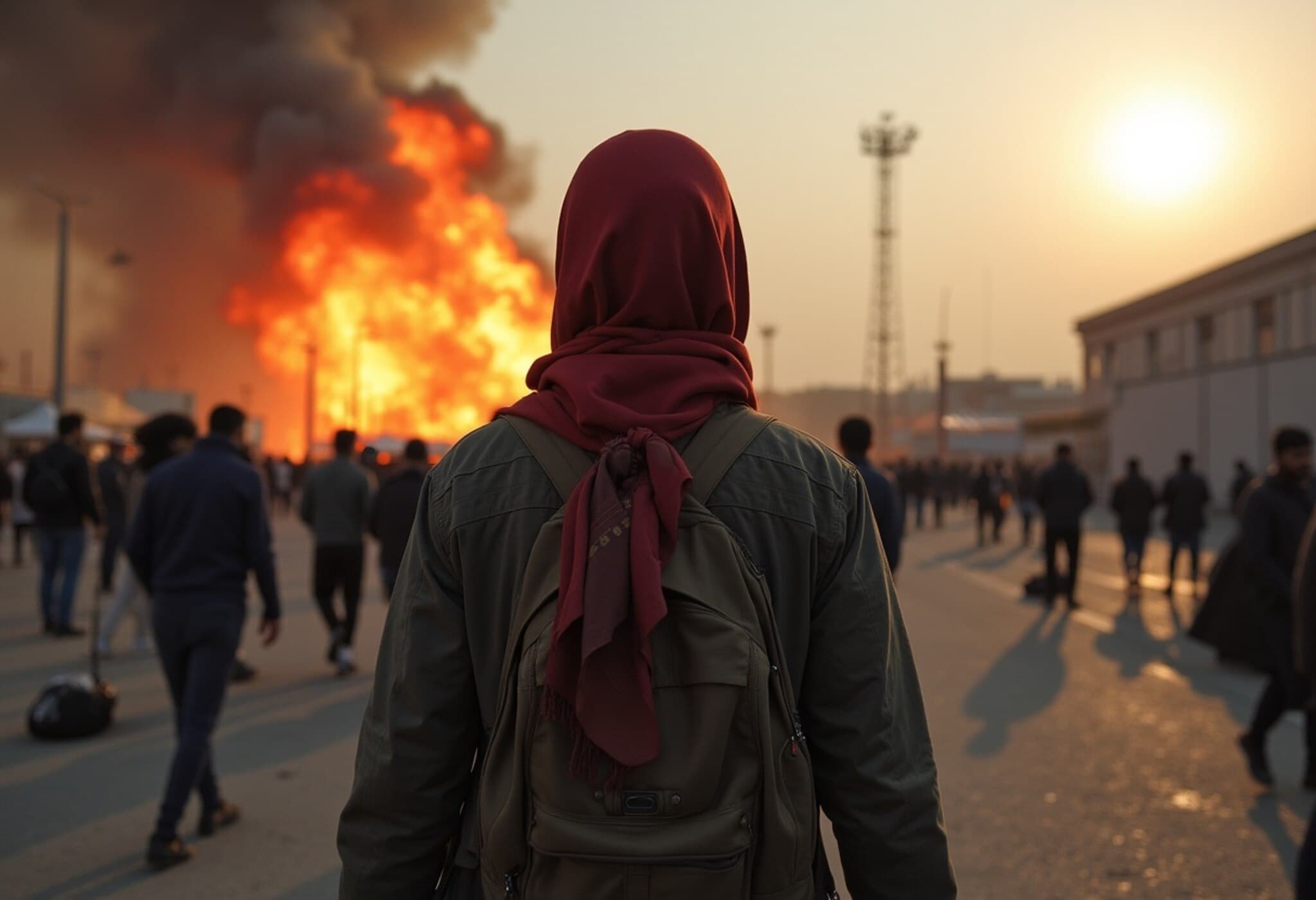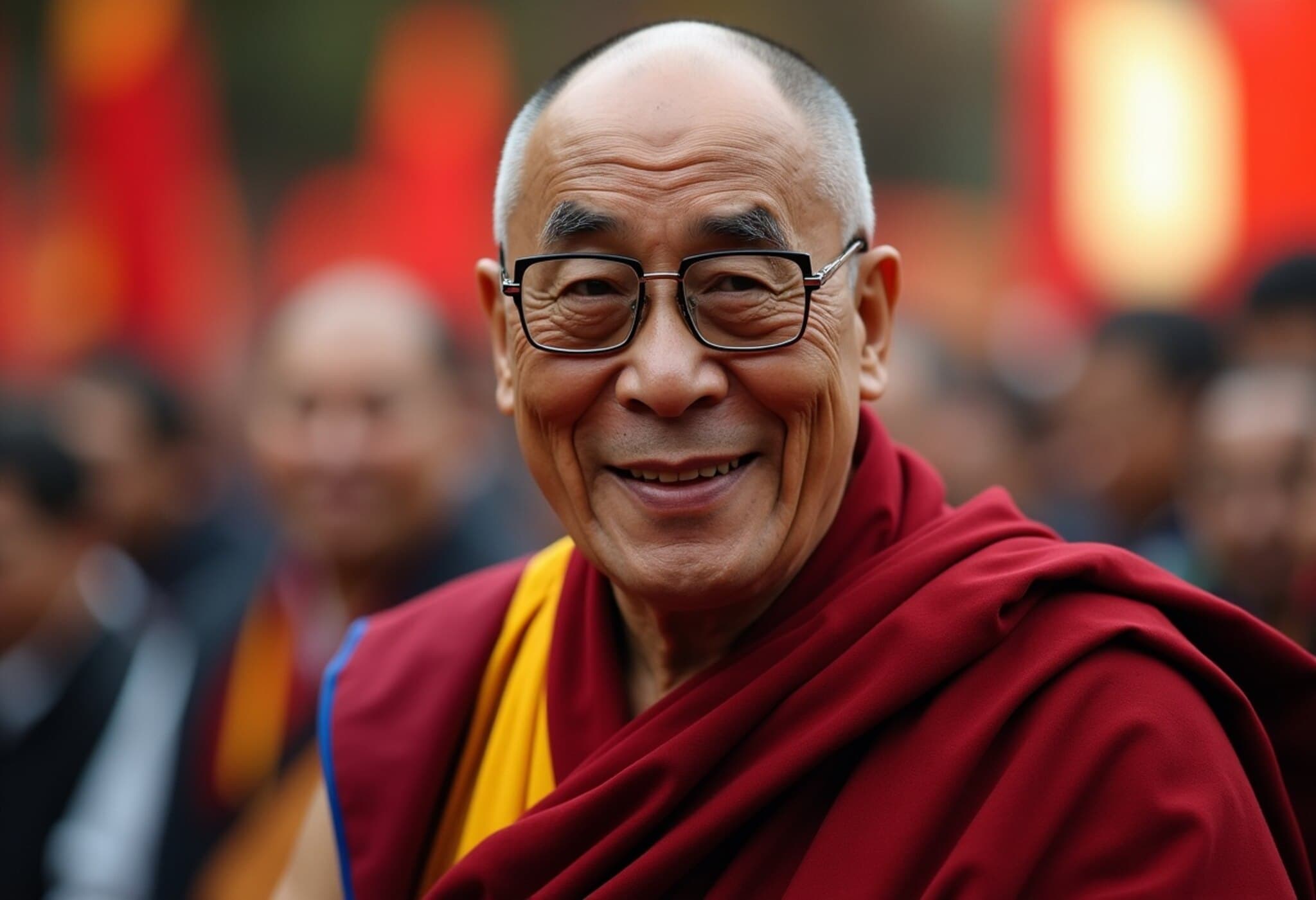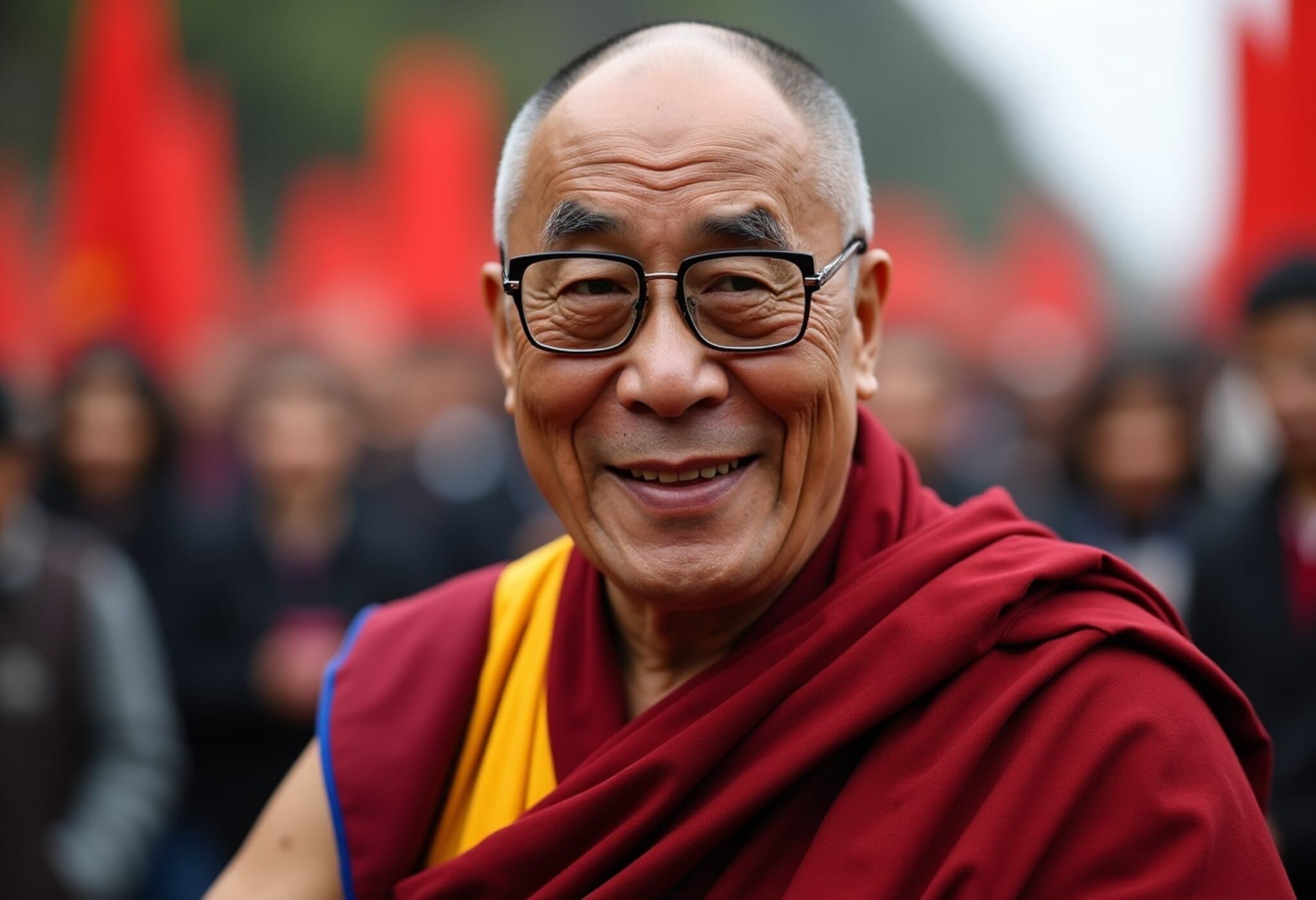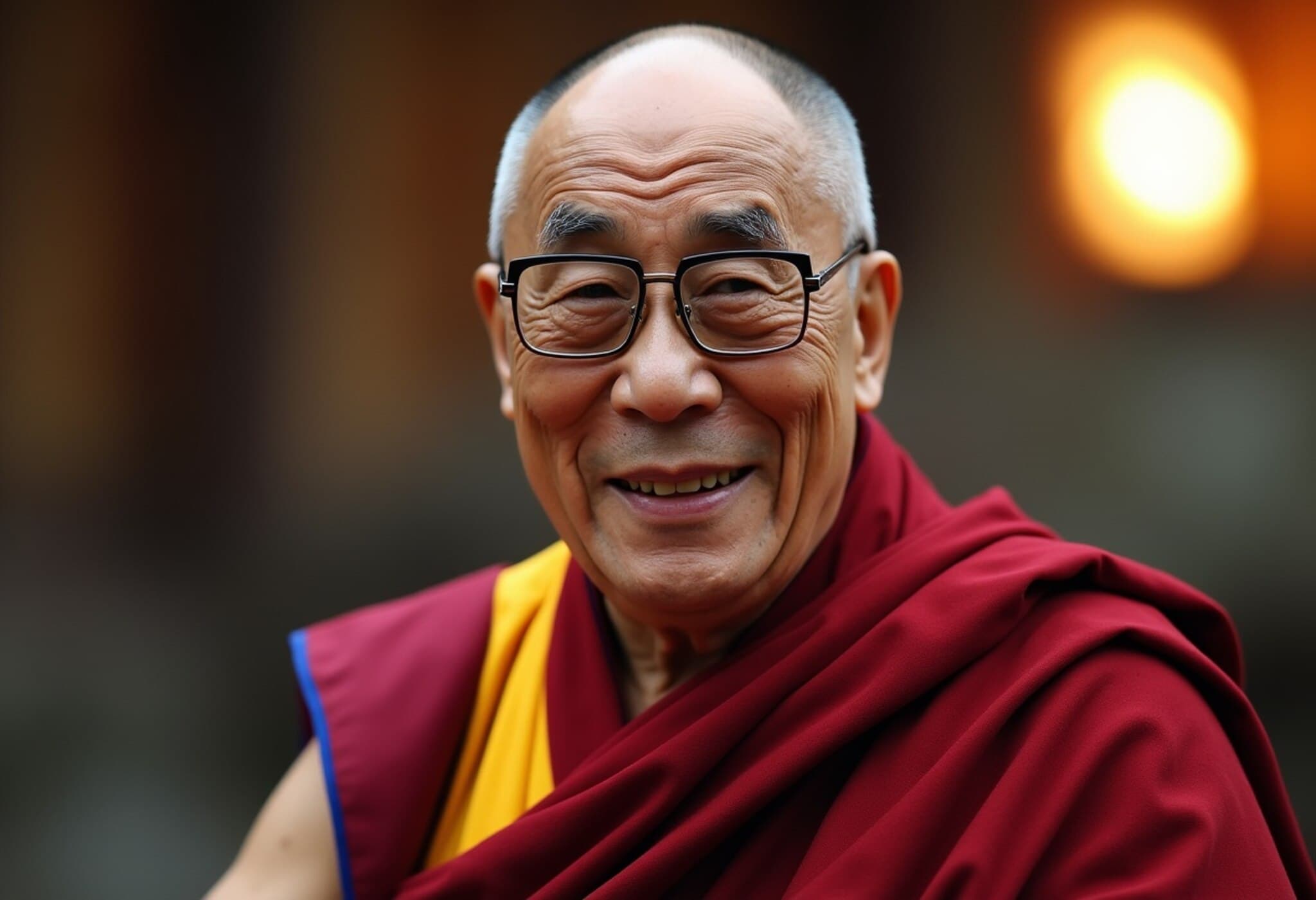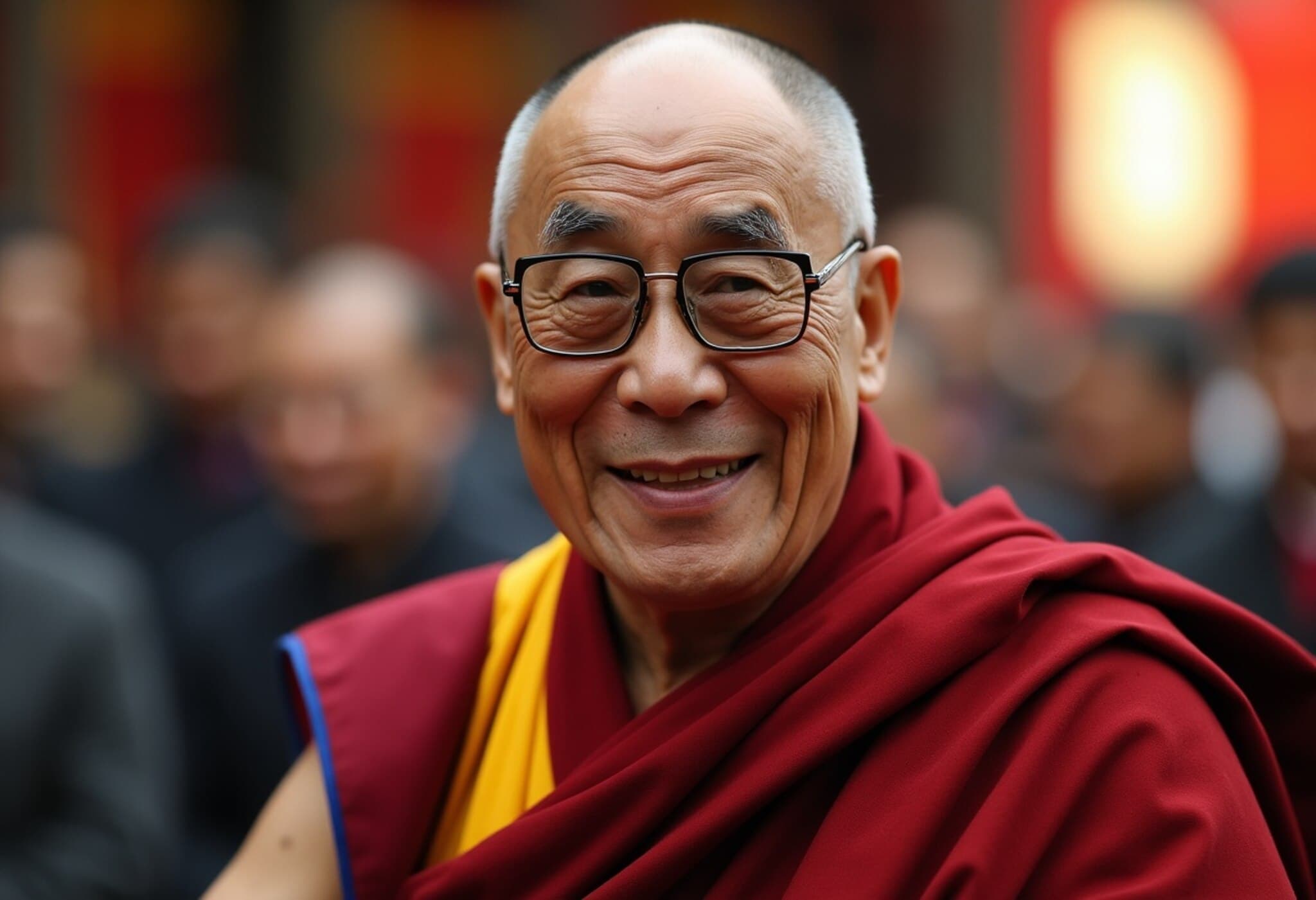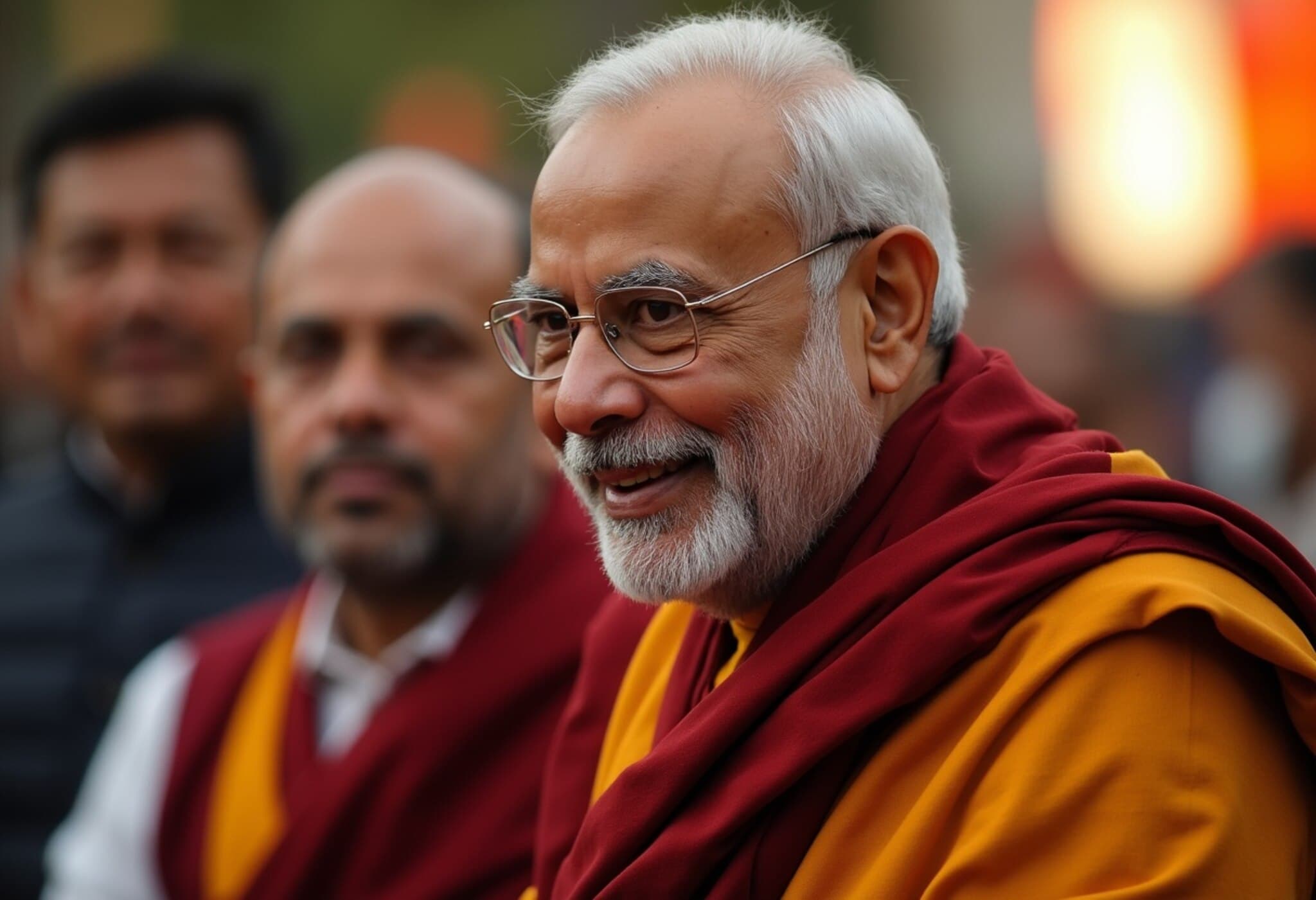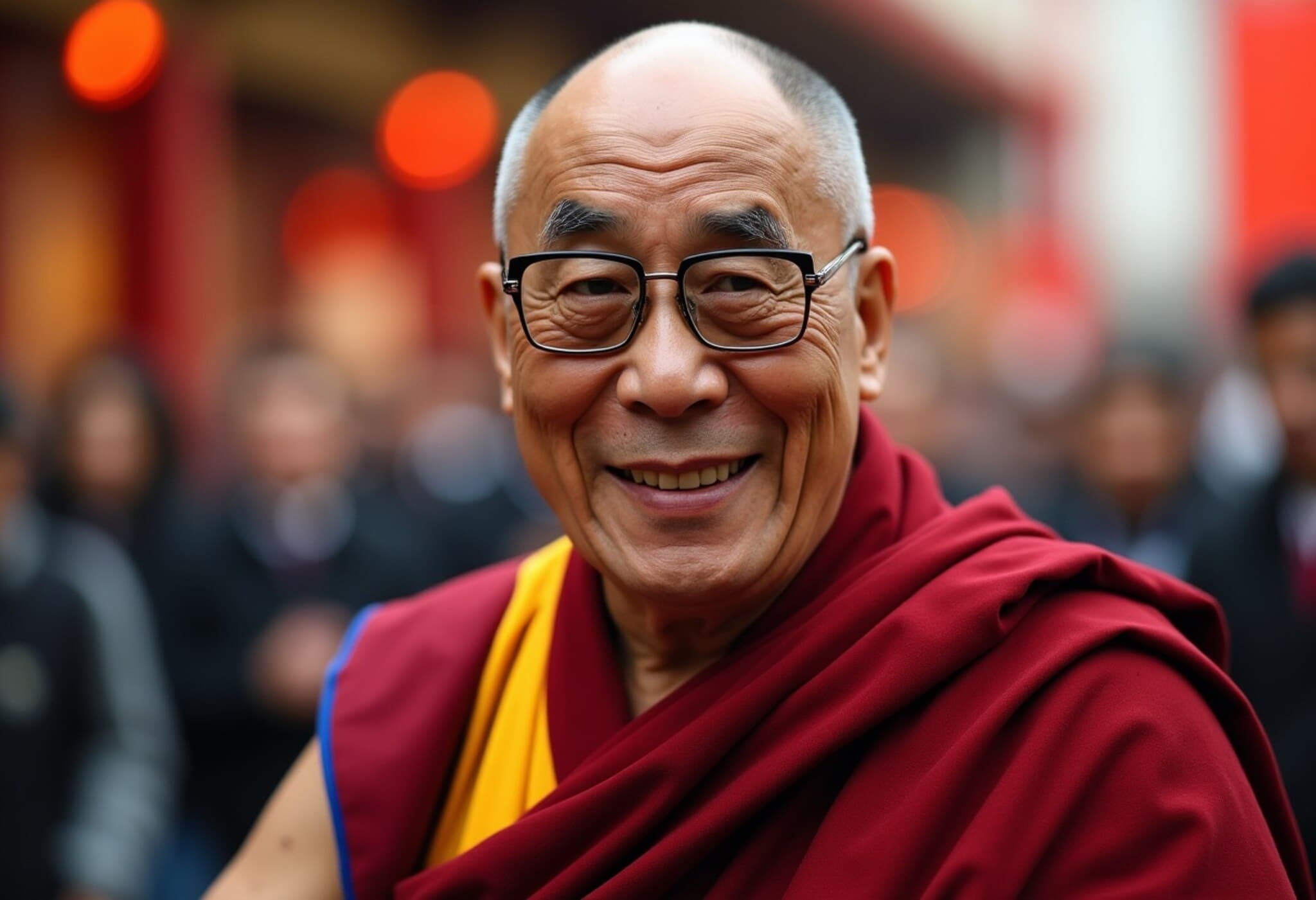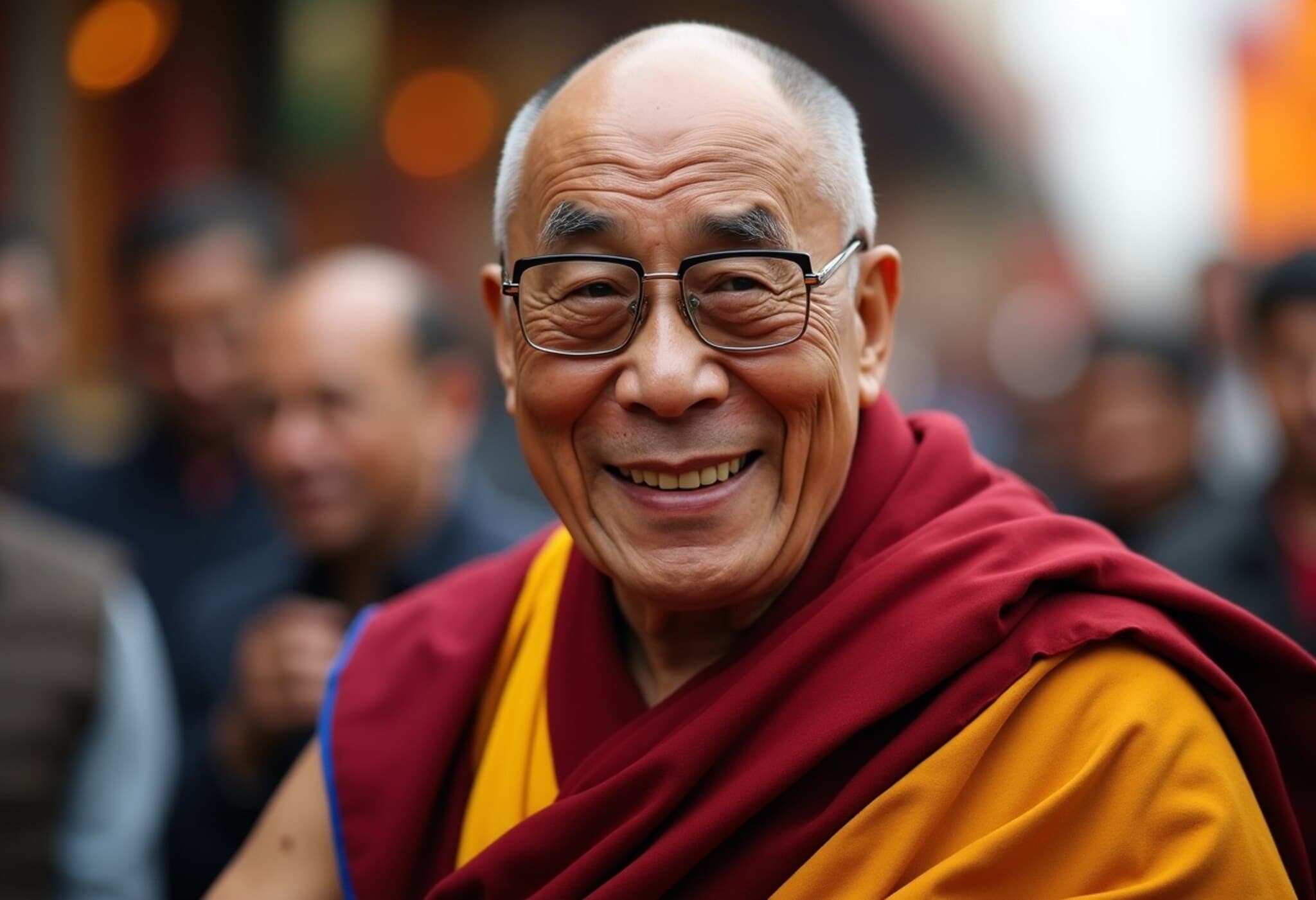Dalai Lama's Succession Sparks Renewed China-India Strains
As India prepares for a significant diplomatic visit to China, the question of the Dalai Lama’s succession has once again ignited tensions between the two Asian giants. The spiritual leader of Tibetan Buddhism, who has lived in exile in India since 1959 following a failed uprising against Chinese rule in Tibet, remains a sensitive and contentious figure in China-India relations.
China’s Opposition to Dalai Lama Succession Process
The Chinese embassy in New Delhi publicly criticized remarks made by Indian officials and strategic experts supporting the Dalai Lama’s autonomy in choosing his successor. On social media platform X, a Chinese spokesperson stressed that the reincarnation and succession of the Dalai Lama are an "internal affair of China," using the Chinese term Xizang to refer to Tibet.
This statement came shortly after senior Indian ministers attended celebrations marking the Dalai Lama’s 90th birthday, where he reiterated that China has no role in deciding his succession. China's firm stance is linked to its insistence on controlling the spiritual leadership in Tibet, viewing Tibetan Buddhism’s succession process as a potential threat to Chinese sovereignty and territorial integrity.
India's Strategic Position and Diplomatic Balancing
India hosts approximately 70,000 Tibetans, including the Tibetan government-in-exile, and the Dalai Lama’s presence there has traditionally provided New Delhi with subtle leverage against Beijing. However, Indian government officials, including Parliamentary and Minority Affairs Minister Kiren Rijiju, have emphasized respect for the Dalai Lama’s religious authority in deciding the succession.
Despite these sensitive undercurrents, India maintains a publicly neutral stance on religious beliefs. The Indian Ministry of External Affairs stated on July 4th that it does not interfere in matters of faith and religious beliefs, indicating a diplomatic effort to balance respect for the Dalai Lama with broader bilateral relations.
Upcoming Diplomatic Engagements Amid Persistent Tensions
Indian External Affairs Minister S. Jaishankar is scheduled to attend a regional security summit under the Shanghai Cooperation Organisation (SCO) in Tianjin, northern China, on July 15. The visit will include bilateral meetings with Chinese officials, marking one of the highest-level interactions between the two countries since deadly border clashes in 2020 that claimed the lives of 20 Indian and 4 Chinese soldiers.
Recently, India’s Defence Minister met his Chinese counterpart on the sidelines of an SCO defense ministers’ meeting, signaling ongoing efforts to manage and possibly de-escalate bilateral tensions despite contentious issues such as the Dalai Lama’s succession.
Expert Insight: The Dalai Lama and the Geopolitical Chessboard
Analysts suggest that the Dalai Lama’s succession issue is more than a religious matter; it is entwined with geopolitical signaling and soft power dynamics in the Himalayan region. China’s insistence on controlling Tibet’s spiritual leadership reflects its broader strategy to assert sovereignty over Tibet and contain Tibetan exile influence.
For India, the Dalai Lama symbolizes both a humanitarian refuge and a subtle diplomatic instrument in its complex, often fraught relationship with China. However, with increasing economic interdependence and the shared border dispute, India must navigate delicately between supporting Tibetan religious freedoms and managing its broader strategic interests with Beijing.
Summary and Looking Ahead
- The Dalai Lama’s 90th birthday celebrations reignited clashes over his succession rights, a deeply sensitive issue for China.
- China asserts the succession is a domestic matter, while India supports the Dalai Lama’s spiritual autonomy amidst diplomatic overtures.
- Upcoming high-level diplomatic visits signal ongoing attempts to ease tensions despite unresolved border disputes and political disagreements.
- Experts caution that the intersection of religion and geopolitics will continue to shape China-India relations in this pivotal region.
Editor's Note
The impending successor to the Dalai Lama is not only a matter of faith for Tibetan Buddhists but also a strategic fulcrum influencing China-India relations. As both nations engage in cautious diplomacy, questions arise about how spiritual leadership and national sovereignty intersect on the world stage. Observers should watch how India balances its sacred commitments with pragmatic diplomacy, and how China’s approach to Tibet will impact regional stability and bilateral ties moving forward.

